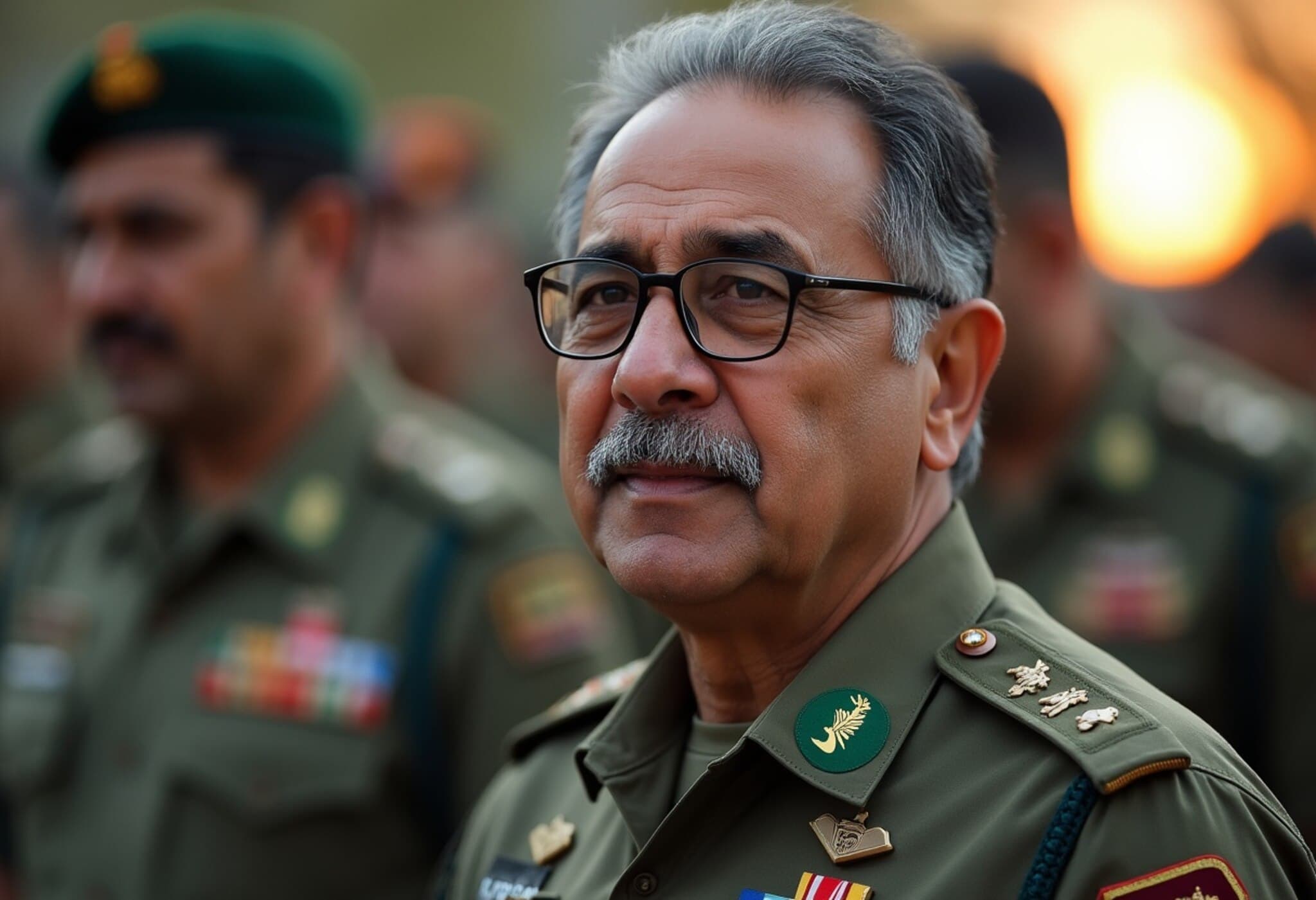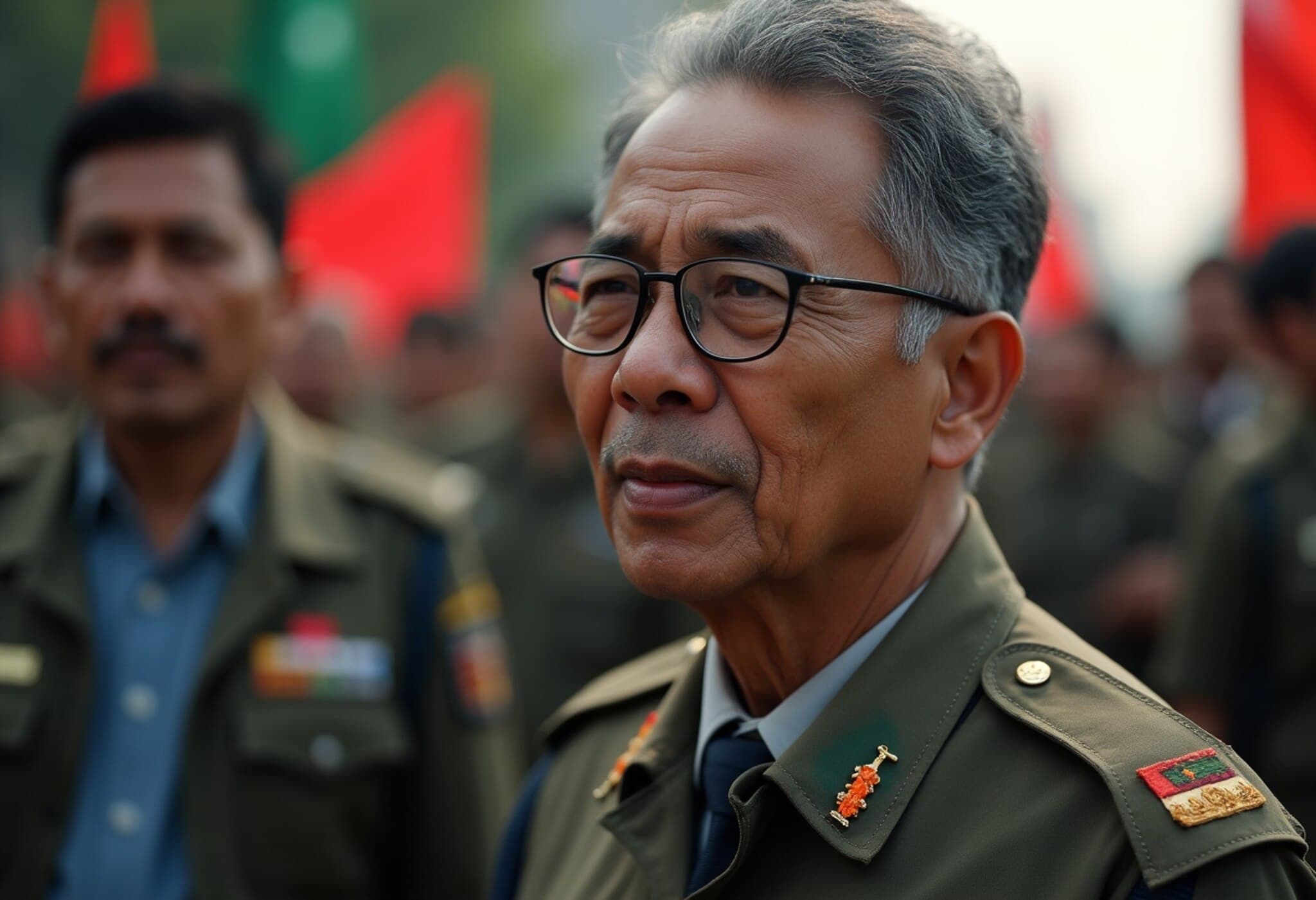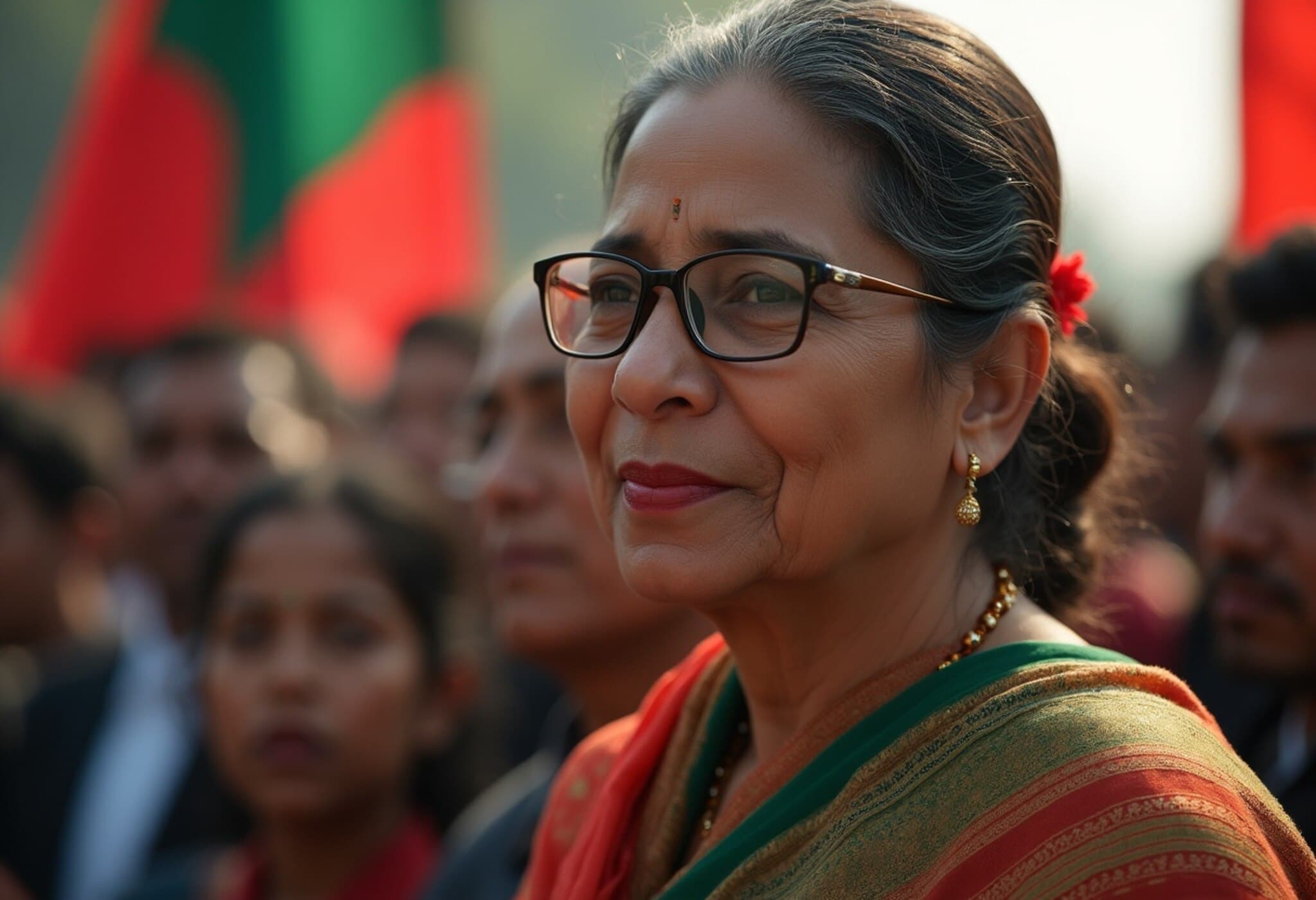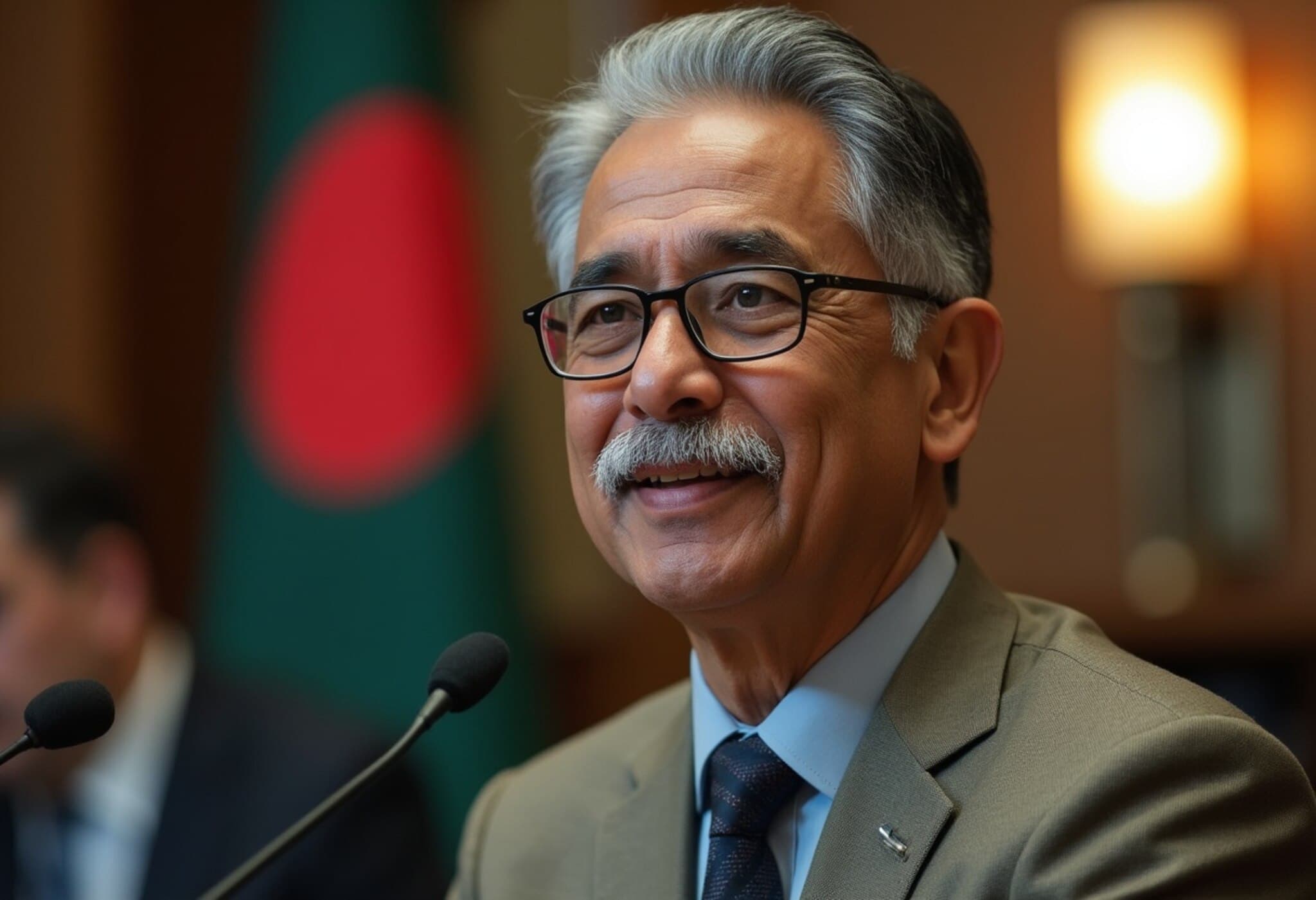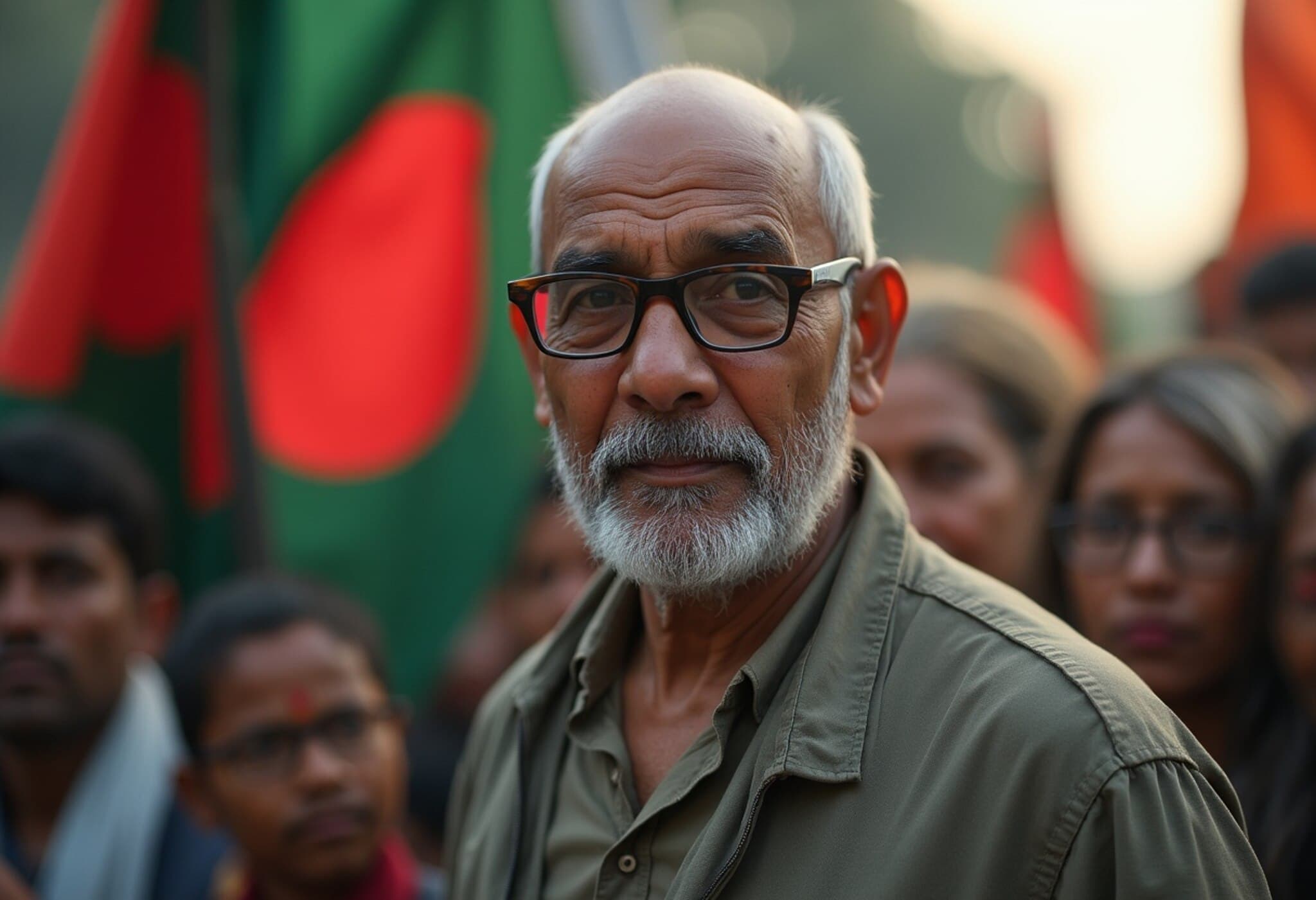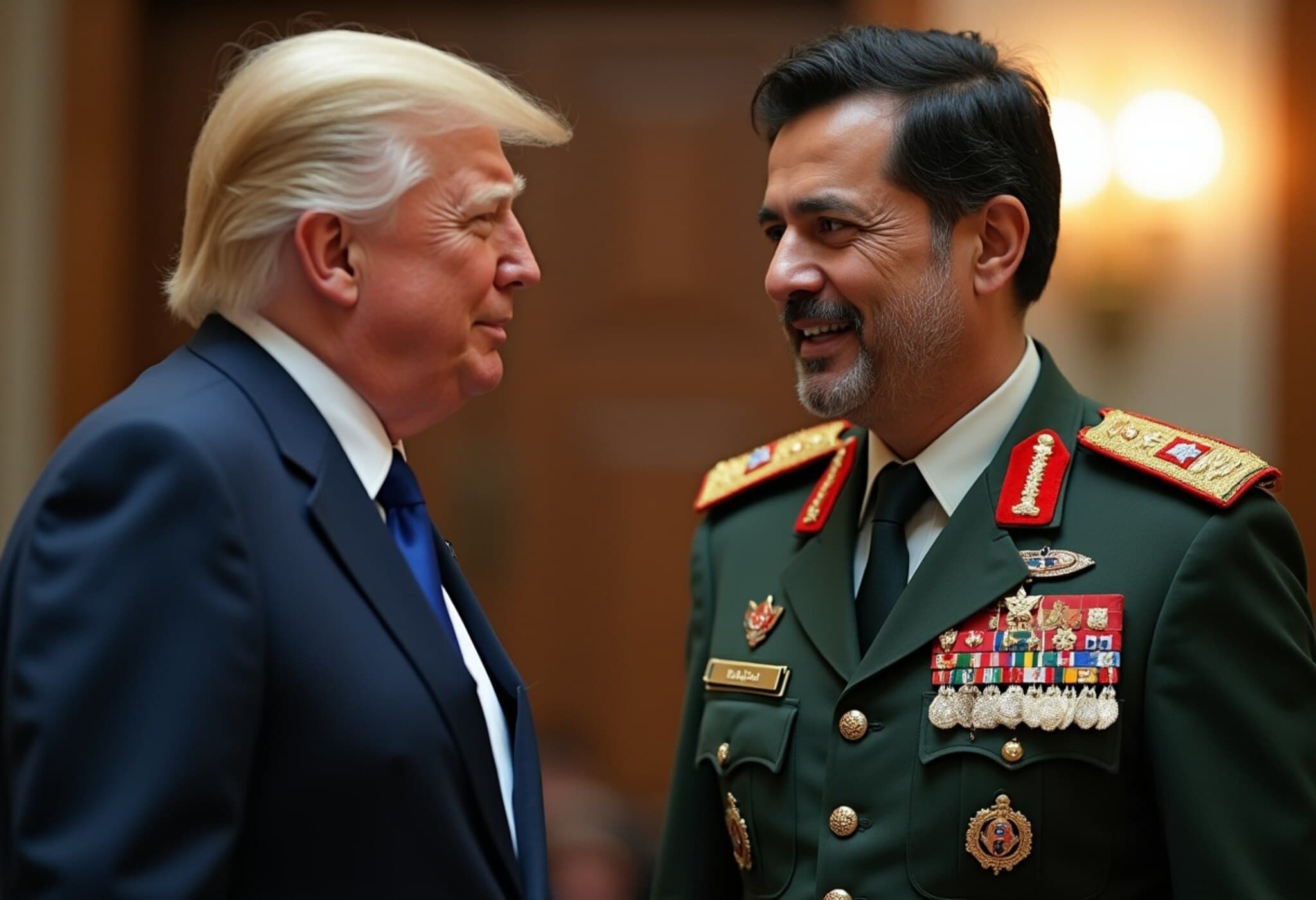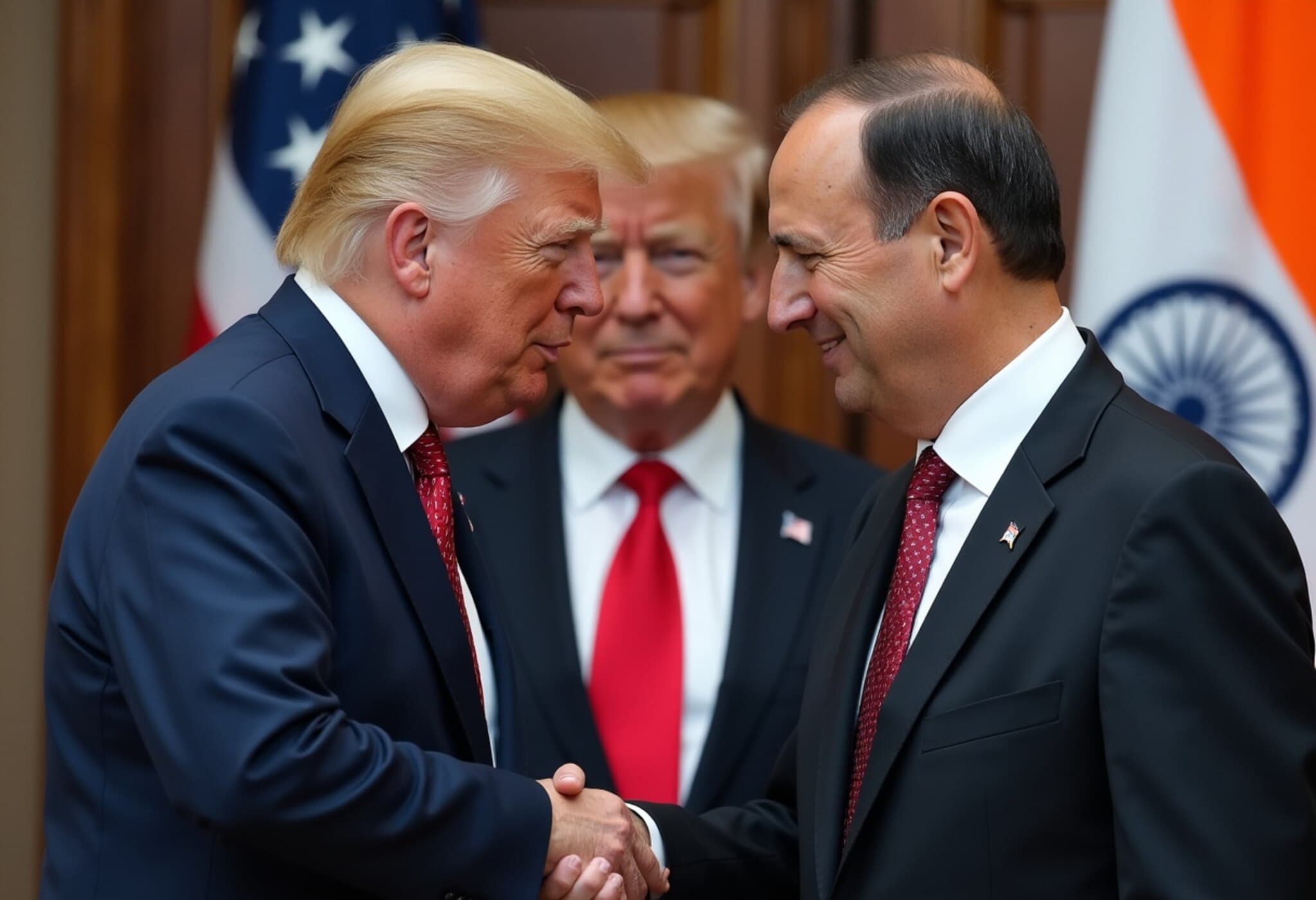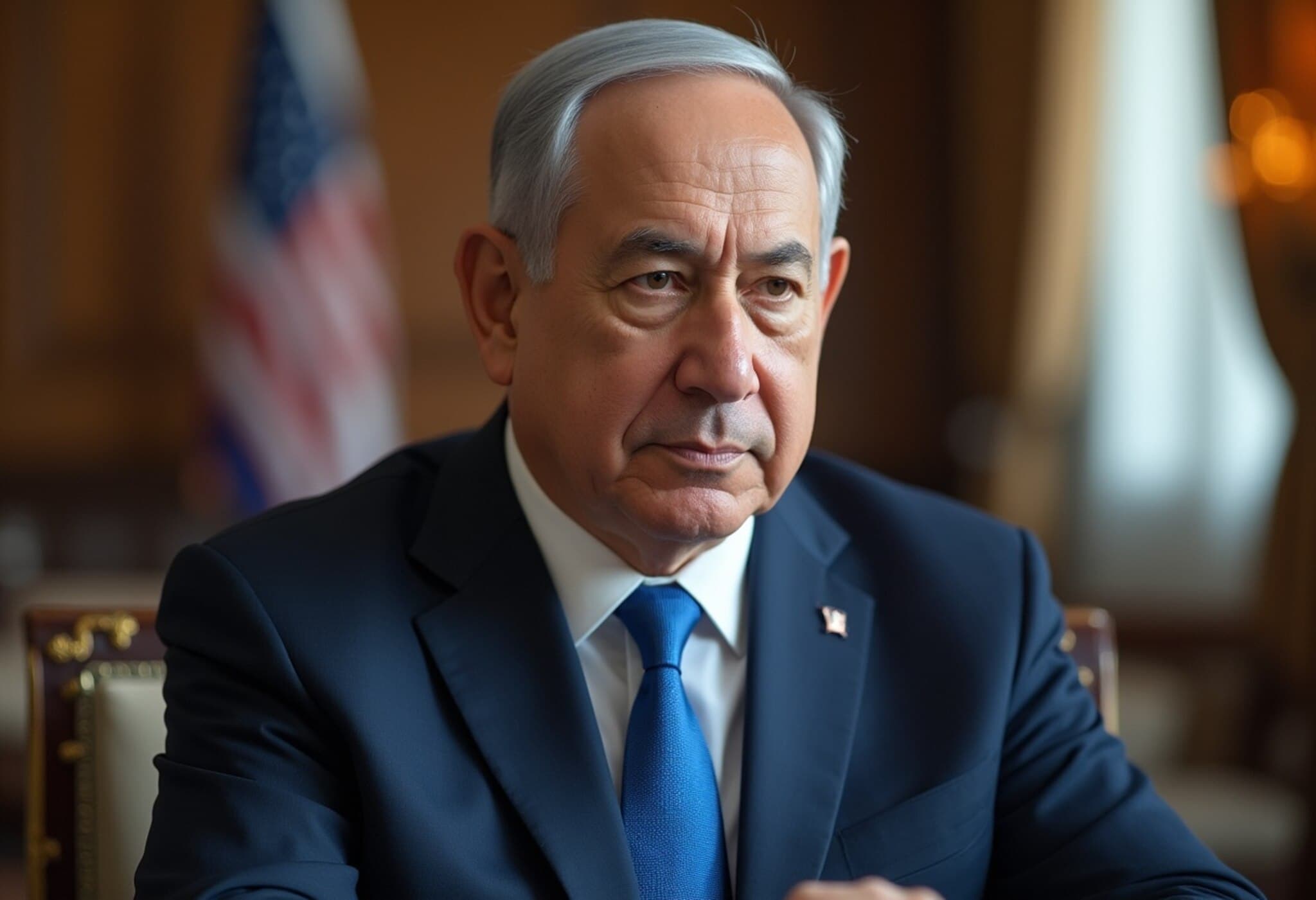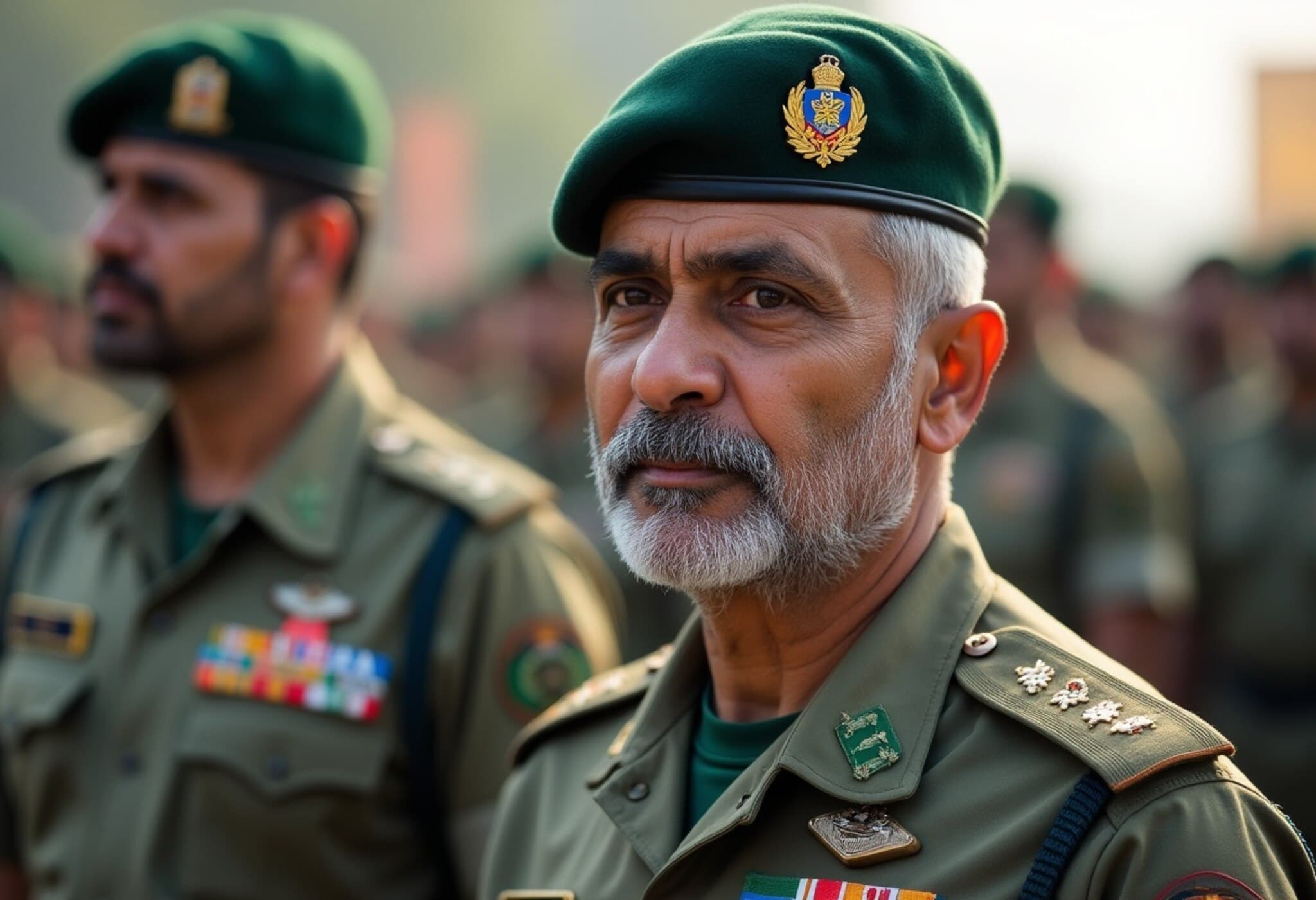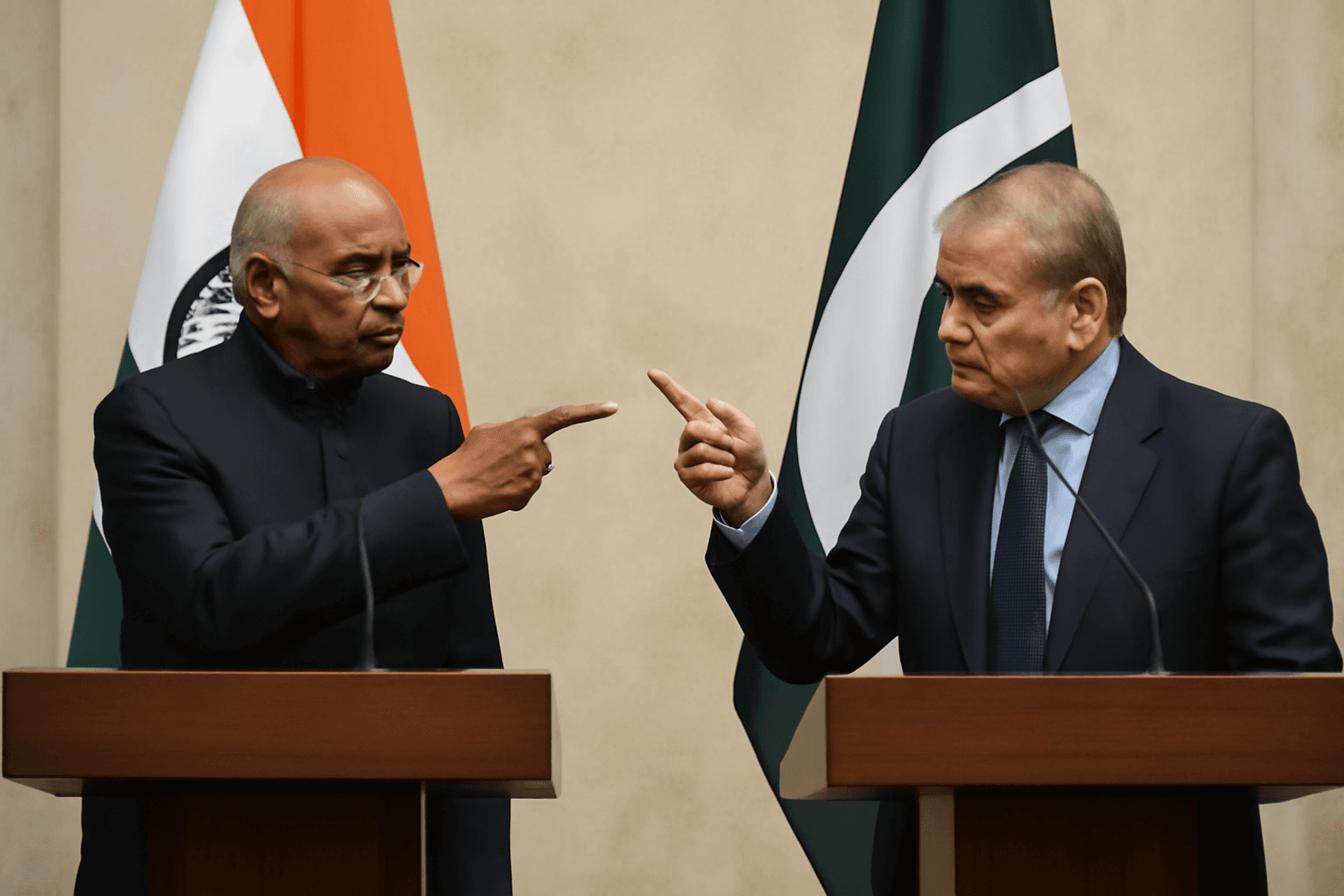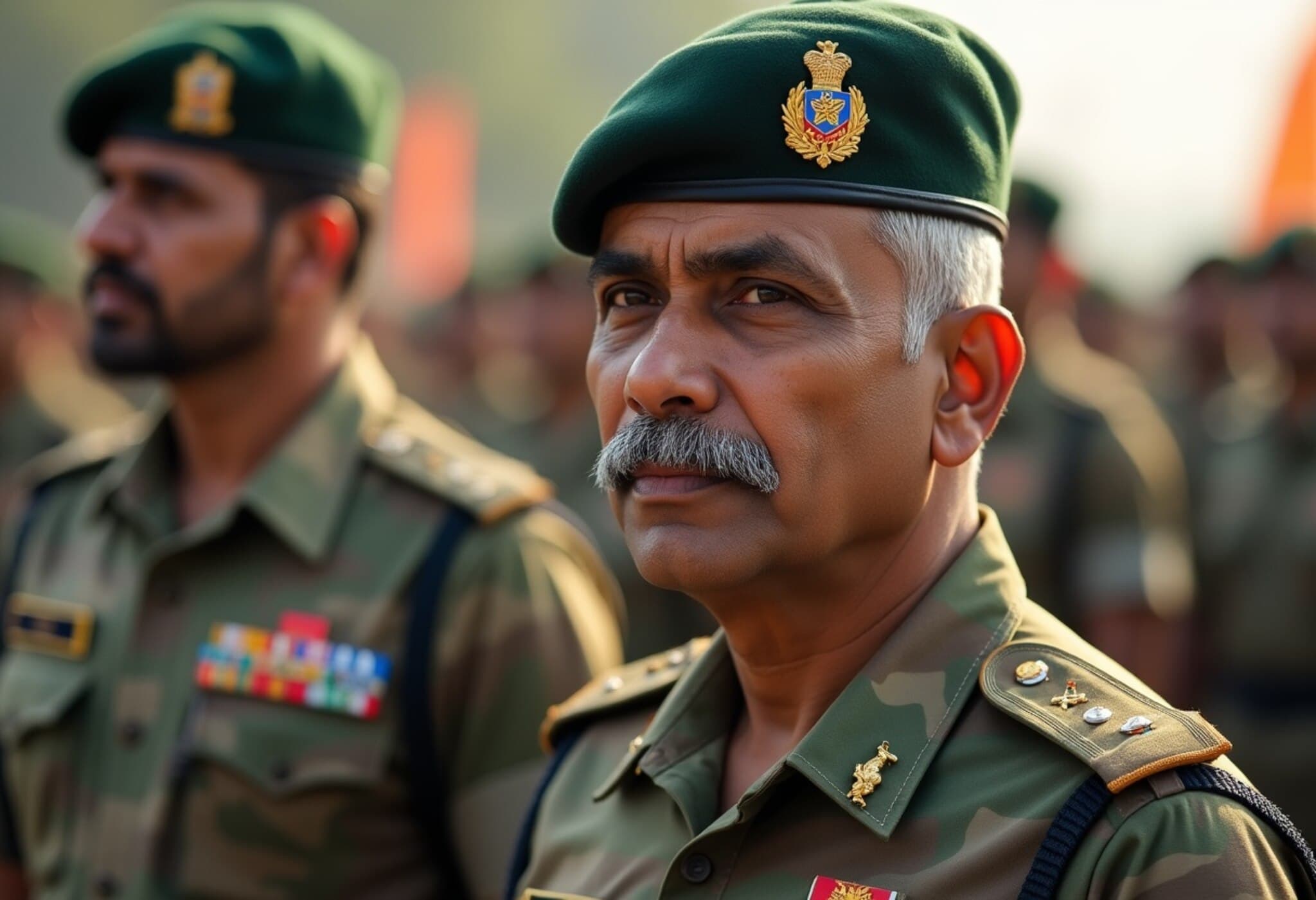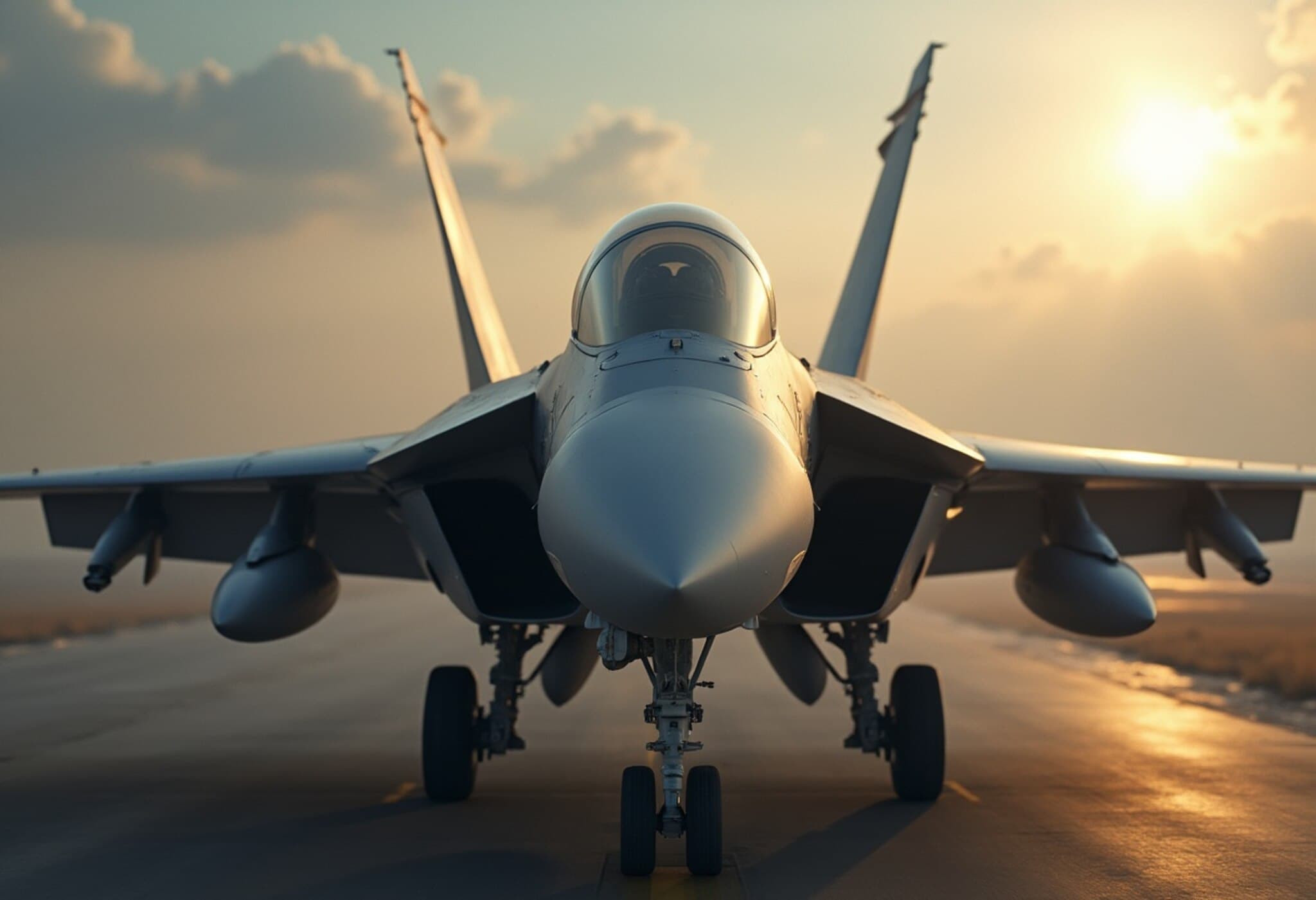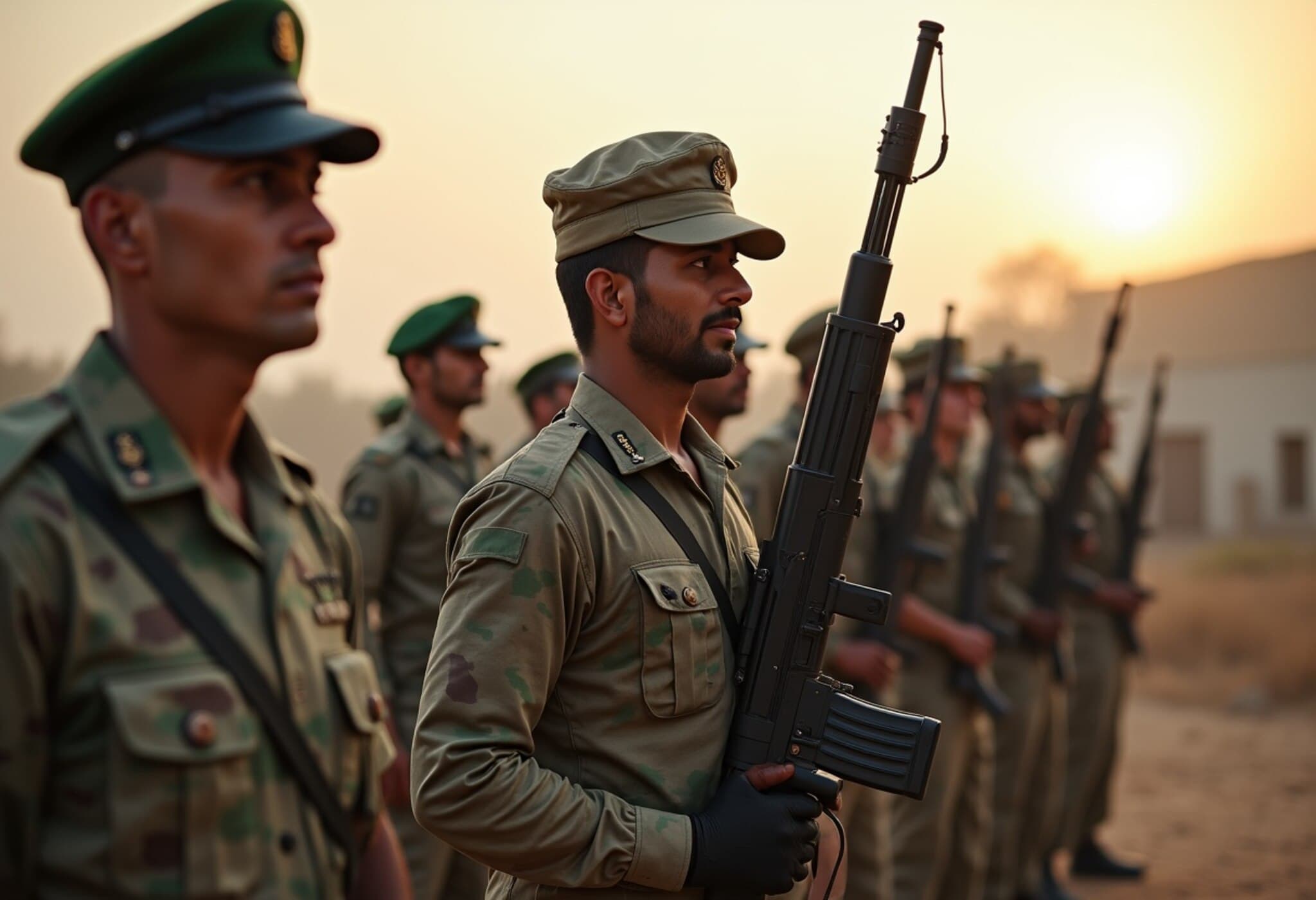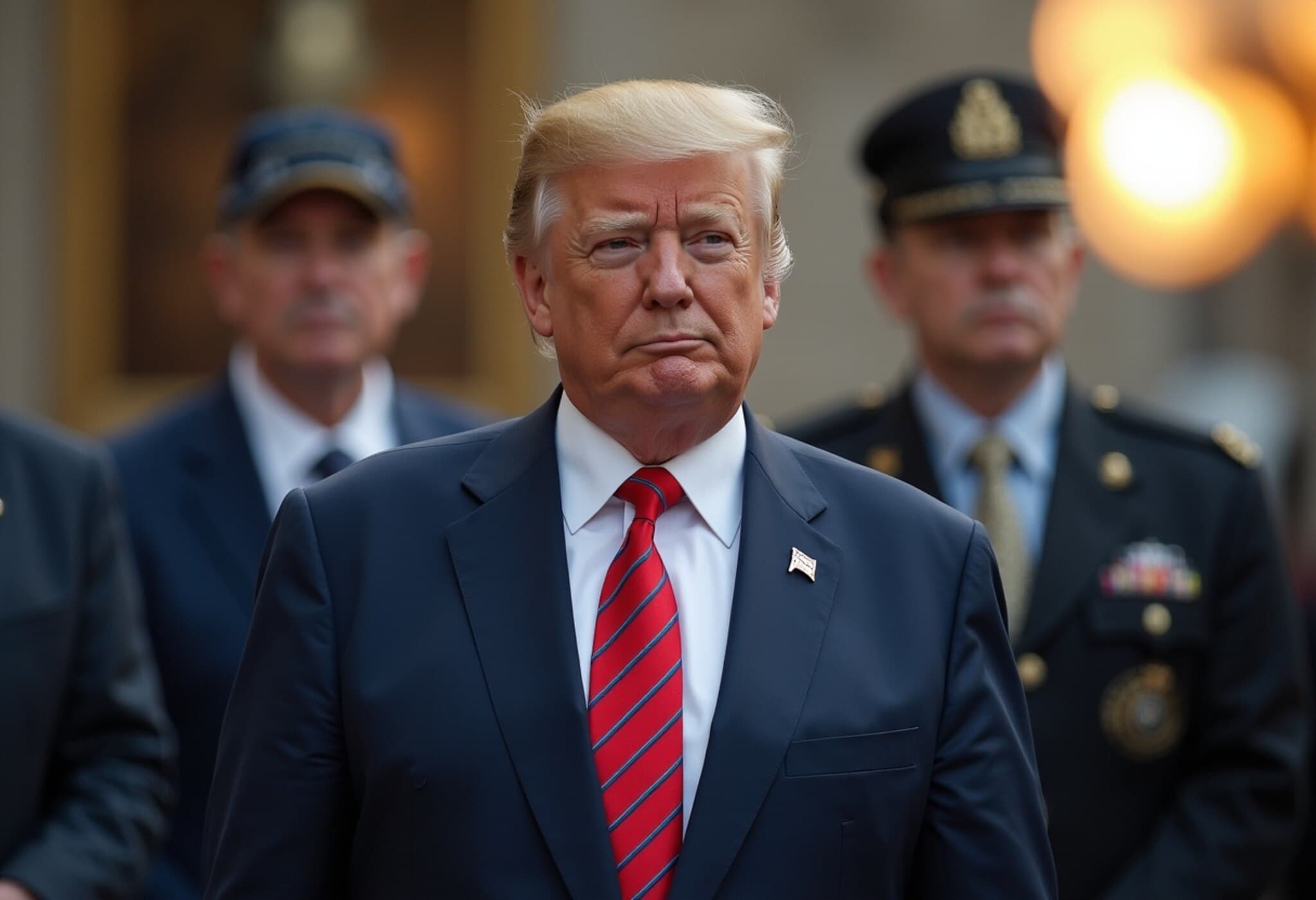Pakistan Dismisses Indian Air Force Claims as ‘Politically Motivated’
In a sharp rebuttal to the recent assertions made by the Indian Air Force (IAF) chief, Pakistan’s Defence Minister Khawaja Asif has strongly denied the claims that India shot down multiple Pakistani fighter jets and a large aircraft during Operation Sindoor. The minister described these claims as “implausible, ill-timed, and politically charged,” accusing New Delhi of attempting to reshape the narrative months after the military engagement concluded.
Political Context Behind Military Narratives
Operation Sindoor, referring to a series of aerial clashes in May, has been a contentious issue between the two nuclear-armed neighbors. The IAF chief had publicly stated, accompanied by photographs and videos, that Indian forces successfully downed several Pakistani aircraft. However, Pakistan swiftly countered with emphatic denial.
Khawaja Asif urged the international community to consider Pakistan’s perspective, emphasizing that no Pakistani aircraft was destroyed during the conflict. Instead, he claimed Pakistan’s military achieved significant successes, including downing six Indian jets—among them advanced fighters—neutralizing the sophisticated Russian-made S-400 air defense systems, destroying unmanned drones, and disabling multiple Indian airbases.
Calls for Independent Verification Amid Disputes
Highlighting the deep mistrust between the two countries, the Defence Minister called for transparency by suggesting an independent audit of both nations’ aerial losses. “If the truth is in question, let both sides open their aircraft inventories to independent verification,” Asif stated, implying that such an examination would reveal the discrepancies and potentially undermine India’s official claims.
This call touches on a broader challenge in Indo-Pak relations: verifying military claims in the absence of impartial, third-party oversight, especially amid heightened political tensions and nationalistic sentiment on both sides.
Analyzing the Strategic and Political Overtones
Experts note that such public exchanges of military success and failure frequently serve political purposes domestically. Analysts in South Asia suggest that the Indian statement by the IAF chief might be designed to bolster public morale ahead of upcoming elections, a claim indirectly supported by Asif’s allegation that Indian generals are being utilized as symbols of political messaging rather than objective truth-bearers.
Conversely, Pakistan’s detailed briefings and denials underline its efforts to maintain a narrative of resilience and counterachievement even under pressure.
This tit-for-tat rhetoric underscores the ongoing challenge of disentangling truth from political posturing in military confrontations on the subcontinent.
Broader Implications for Regional Security
The disputed reports of damage, especially involving high-value assets like S-400 missile systems, drone technology, and advanced fighter jets, have significant implications for the regional military balance. The contested air battles amplify concerns about escalation risks between the two nations, both of which possess nuclear weapons.
Transparency—or the lack thereof—in such incidents can affect global diplomatic efforts aimed at promoting stability in South Asia. Independent observers and defense analysts often lament the scarcity of verifiable information, which fuels mistrust and reactive policy decisions.
What Next? Navigating Indo-Pak Airspace Conflicts
- Confidence-Building Measures: There is an urgent need for mechanisms to reduce misunderstandings, such as agreed protocols for aerial engagements and rapid communication channels between air forces.
- Third-Party Mediation: International actors could facilitate independent validations of military claims, helping curb misinformation and defuse tensions.
- Dialogue Over Military Posturing: Both countries might benefit from prioritizing diplomatic engagement over public messaging that risks inflaming nationalist passions and escalating conflict.
Editor’s Note
This episode illustrates how military incidents between India and Pakistan continue to be enmeshed in political narratives, complicating efforts to discern facts from propaganda. The contested claims over Operation Sindoor reveal broader issues—such as the perils of opaque defense reporting, the politicization of military leadership, and the urgent need for confidence-building in one of the world’s most volatile regions.
Readers are encouraged to reflect on the human and geopolitical stakes behind these headlines—not just the numbers or victories claimed, but the deeper challenges of trust, transparency, and peace in South Asia.

